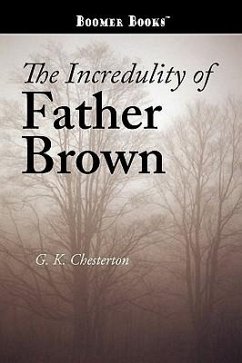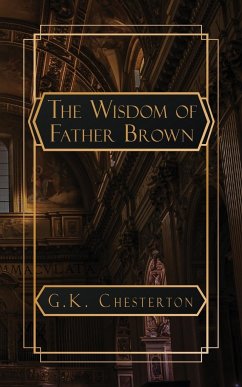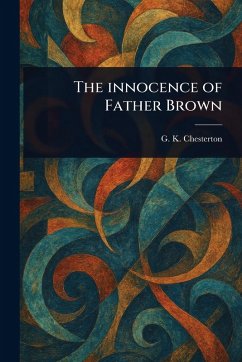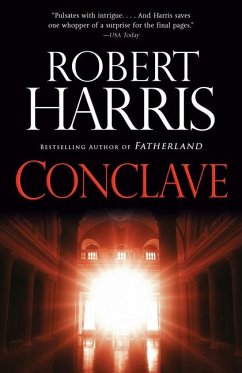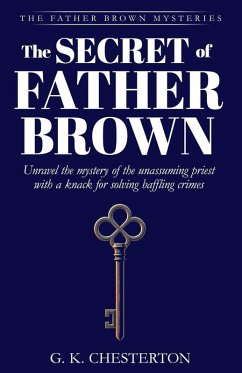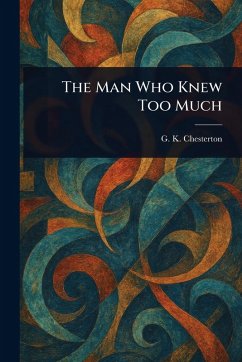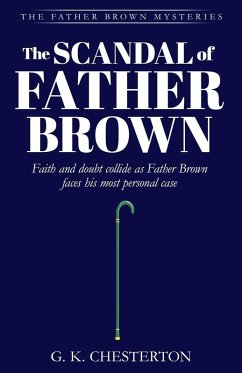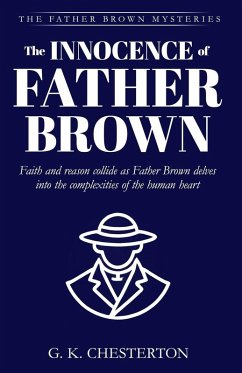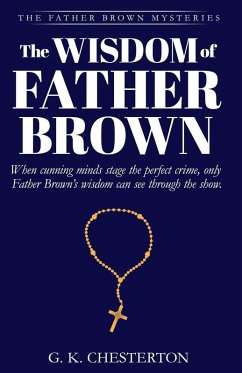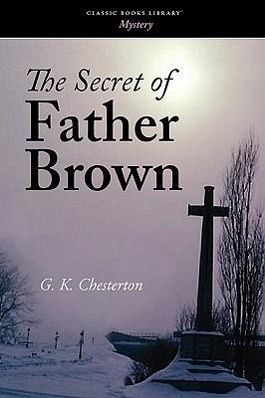
The Secret of Father Brown
Versandkostenfrei!
Versandfertig in über 4 Wochen
13,99 €
inkl. MwSt.
Weitere Ausgaben:

PAYBACK Punkte
7 °P sammeln!
Easily the darkest of Chesterton's Father Brown collections, The Secret of Father Brown is nonetheless a masterwork of perception of the human condition, explored through the usual impossible crimes and a parade of rogues and saints--a corpse in shining armor, a thieving mystic, insouciant British aristocrats, and a Canadian journalist. We are asked to solve death by duel and pistol shot, and thefts of jewels large and small. The stories in this collection are worth reading over and over--to see how the plot unfolds, and to enjoy Chesterton's gorgeous and well-informed prose. Includes the titl...
Easily the darkest of Chesterton's Father Brown collections, The Secret of Father Brown is nonetheless a masterwork of perception of the human condition, explored through the usual impossible crimes and a parade of rogues and saints--a corpse in shining armor, a thieving mystic, insouciant British aristocrats, and a Canadian journalist. We are asked to solve death by duel and pistol shot, and thefts of jewels large and small. The stories in this collection are worth reading over and over--to see how the plot unfolds, and to enjoy Chesterton's gorgeous and well-informed prose. Includes the title story, The Mirror of the Magistrate, The Man with Two Beards, The Song of the Flying Fish, The Actor and the Alibi, The Vanishing of Vaudrey, The Worst Crime in the World, The Red Moon of Meru, and The Chief Mourner of Marne. Newly designed and typeset in a modern 6-by-9-inch format by Waking Lion Press.






